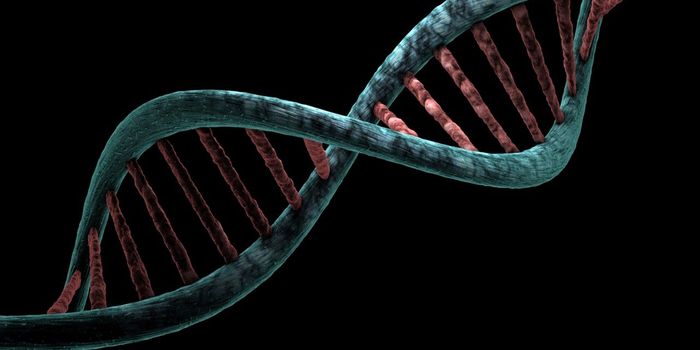Re-Designing Treatments for Alzheimer Disease
The most common form of dementia is Alzheimer which is a general term for memory loss and other cognitive abilities that complicate activities of daily life.
To this day, treating Alzheimer is difficult. However, new answers to why certain clinical trial drugs have failed to treat dementia and Alzheimer was explained in a study published in the journal Human Molecular Genetics. This study which was by scientists in Australia and the US, has provided new hope for potential new treatments with existing drugs.

In particular, investigators constructed evidence from human studies and animal models of dementia-related diseases to show that inflammation is a cause and not simply a consequence. Researchers provided evidence that many genes associated with dementia regulate our responses to the inflammatory damage.
"For decades, scientists have thought that dementia and Alzheimer's disease are caused by protein aggregates forming in the brain. But recent clinical trials of drugs that reduce the aggregates have failed," explains project leader Professor Robert Richards, from the University of Adelaide's School of Biological Sciences. Richards is collaborating with the University's Adelaide Medical School and the National Institutes of Health, in the US.
Inflammation was known to rise as a symptom of dementia-related diseases progression. However, now inflammation is believed to be a cause. Formerly, inflammation was studied as a way to “clean” tissue damage caused by protein aggregates. "We know that inflammation has different phases – early on it can be protective against a threat by actively degrading it, but if the threat is not removed, then persistent inflammation actually causes cell death," explains Professor Richards.
The research this implies that the genetic linkage allows inflammation to come comes first and then tissue damage second. "Many genes linked with dementia operate at the level of controlling cellular inflammation. Both internal and external triggers interact with these genes to play a part. Inflammation is the point through which many triggers converge," says Professor Richards who supports the idea that brain inflammation might as well be seen as a virus infection. "Inflammation is a very effective defense against foreign agents like viruses. But as we get older and accumulate mutations, our cells can make proteins and DNA products that mimic viruses, and these build up in the system," he further explains, "Normally, our cells bar-code their own products to tell them apart from foreign agents. When these bar-codes aren't in place, our cells can't properly distinguish 'self' and 'non-self' trigger molecules. The result is inflammation that escalates and spreads – hence the term auto-inflammatory disease." Eventually, these new insights can provide the basis for new drug discovery methods that will succeed. "With this new understanding of the disease, we now need to test existing anti-inflammatory drugs for their effectiveness in treating dementia".
Sources: MecialXpress.com, Alzheimer Association, Journal of Human Molecular Genetics








